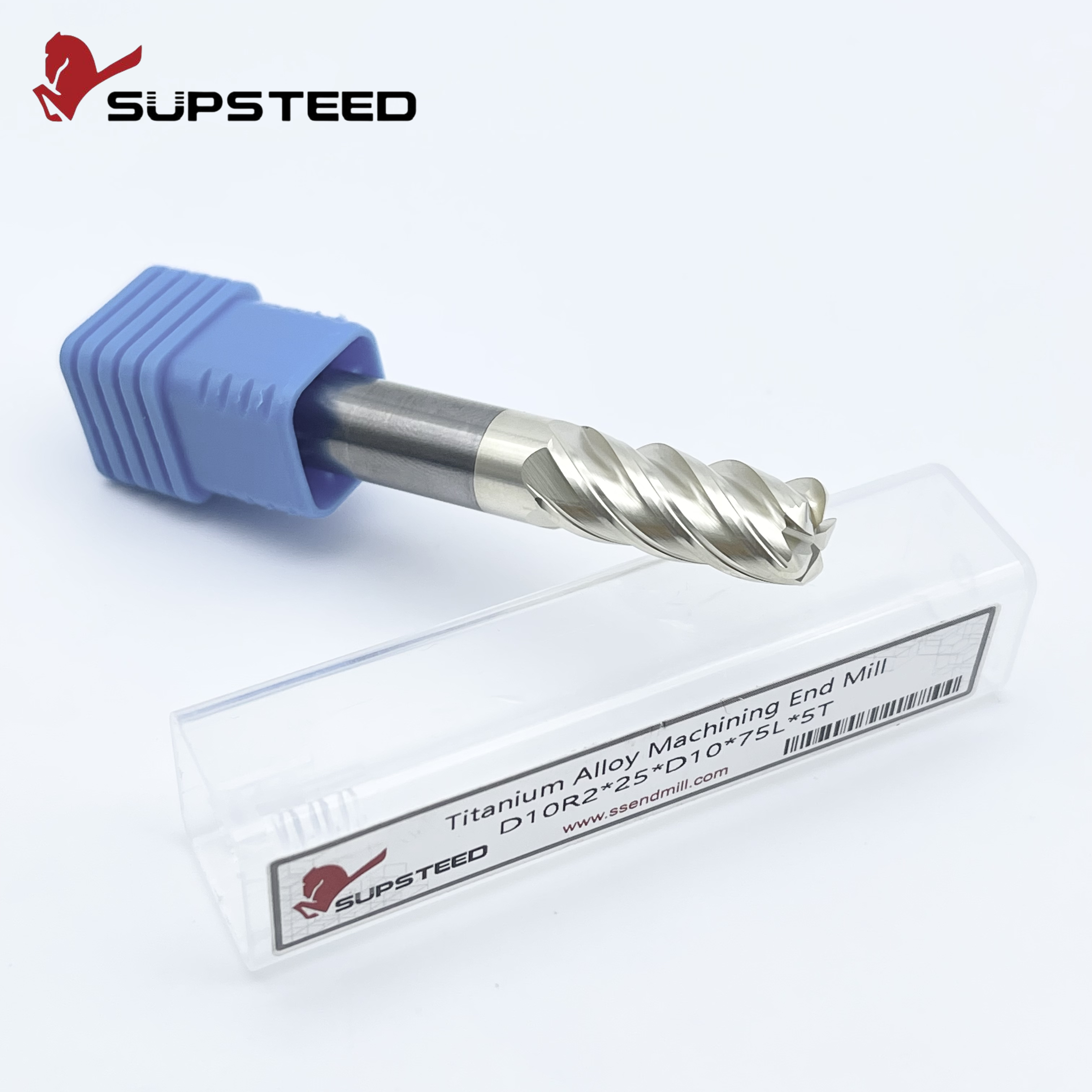English
- All
- Product Name
- Product Keyword
- Product Model
- Product Summary
- Product Description
- Multi Field Search
Views: 0 Author: Site Editor Publish Time: 2025-11-12 Origin: Site

Milling tools are essential in the machining process, used to cut and shape materials such as metals, plastics, and composites with high precision. This section will introduce the importance of precision in milling and highlight the various applications of these tools in industries like aerospace, automotive, and medical device manufacturing.
Definition and Purpose: Milling tools are cutting instruments designed for removing material from a workpiece via rotary motion. This section will provide a definition and description of their key functions.
Types of Milling Operations: Overview of different milling operations such as slotting, surface finishing, and profiling.
Tool Material: Explanation of materials like carbide, high-speed steel (HSS), and cobalt, focusing on their impact on precision.

Geometry: Discussing the importance of tool geometry (e.g., helix angle, flute shape) in achieving high precision.
Coatings: Highlighting the role of coatings like TiAlN, AlTiN, and DLC (Diamond-like Carbon) for improving tool life, surface finish, and heat resistance.
Surface Finish: How precision milling tools are designed to deliver exceptional surface finishes, especially in challenging materials.
End Mills: Focusing on the most common type of milling tool used for precision machining. This section will explore different types of end mills, including:
Square End Mills
Ball Nose End Mills
Corner Radius End Mills
Specialty End Mills for applications like titanium, stainless steel, and high-temperature alloys.
Face Mills: A brief look at how face mills are used for larger surface finishes.
Drills and Taps: Their role in precise hole-making and threading.
Material Compatibility: Discussing how to select the right tool based on the material being machined (e.g., aluminum, titanium, stainless steel).
Tool Geometry: How factors like cutting edge, flute number, and rake angle affect performance.
Application-Specific Tools: For example, the use of titanium alloy corner radius end mills in aerospace and automotive industries.
Tool Coatings: Which coating is best for different materials and applications.
Aerospace Industry: The precision required for aircraft components and materials like Inconel and titanium alloys. The role of high-performance tools like titanium alloy ball nose end mills.
Medical Device Manufacturing: Tools used for machining implants and medical equipment, where high precision and surface finish are critical.
Automotive and Motorsport: The importance of milling tools in prototyping and manufacturing precision parts.
Tool Wear and Maintenance: Impact of tool wear on precision and how to extend tool life. Best practices for maintenance and sharpening.
Vibration Control: The role of tool design in reducing vibrations, thus improving precision.
Cutting Speed and Feed Rates: How adjusting speed and feed can affect precision, especially when dealing with high-performance materials.
A recap of the different types of milling tools for precision and their applications. The significance of selecting the right tool for the job to achieve superior precision in machining processes.